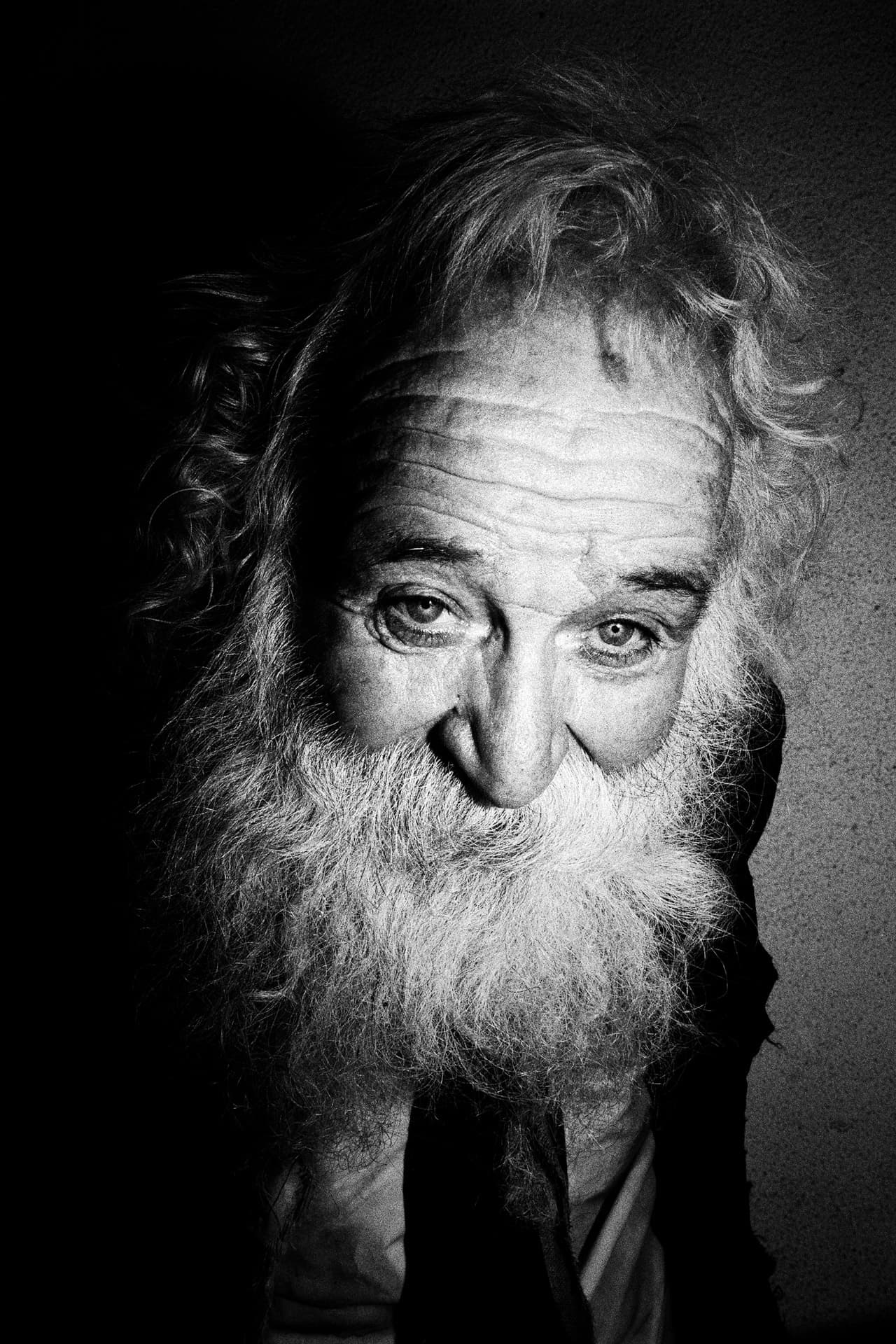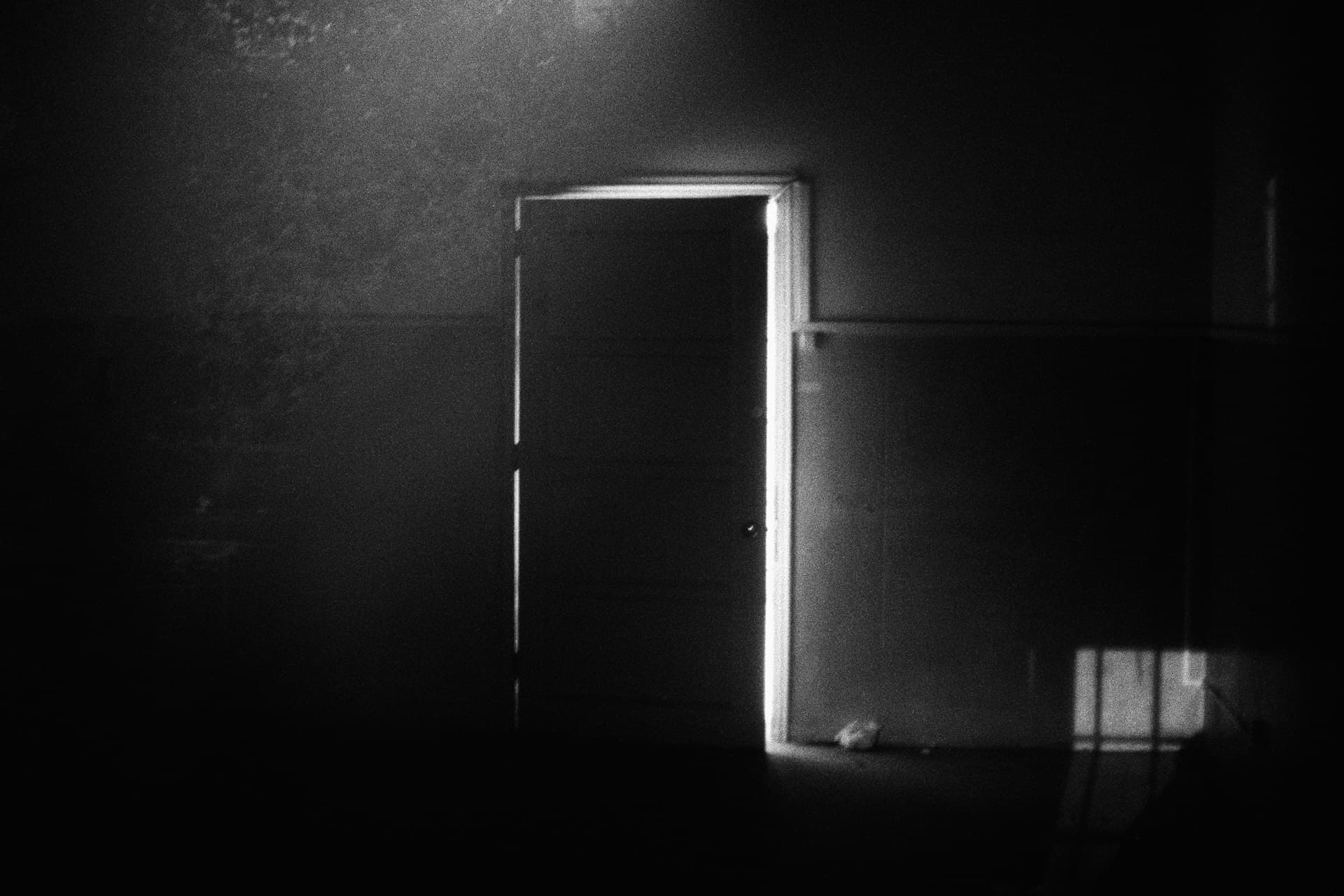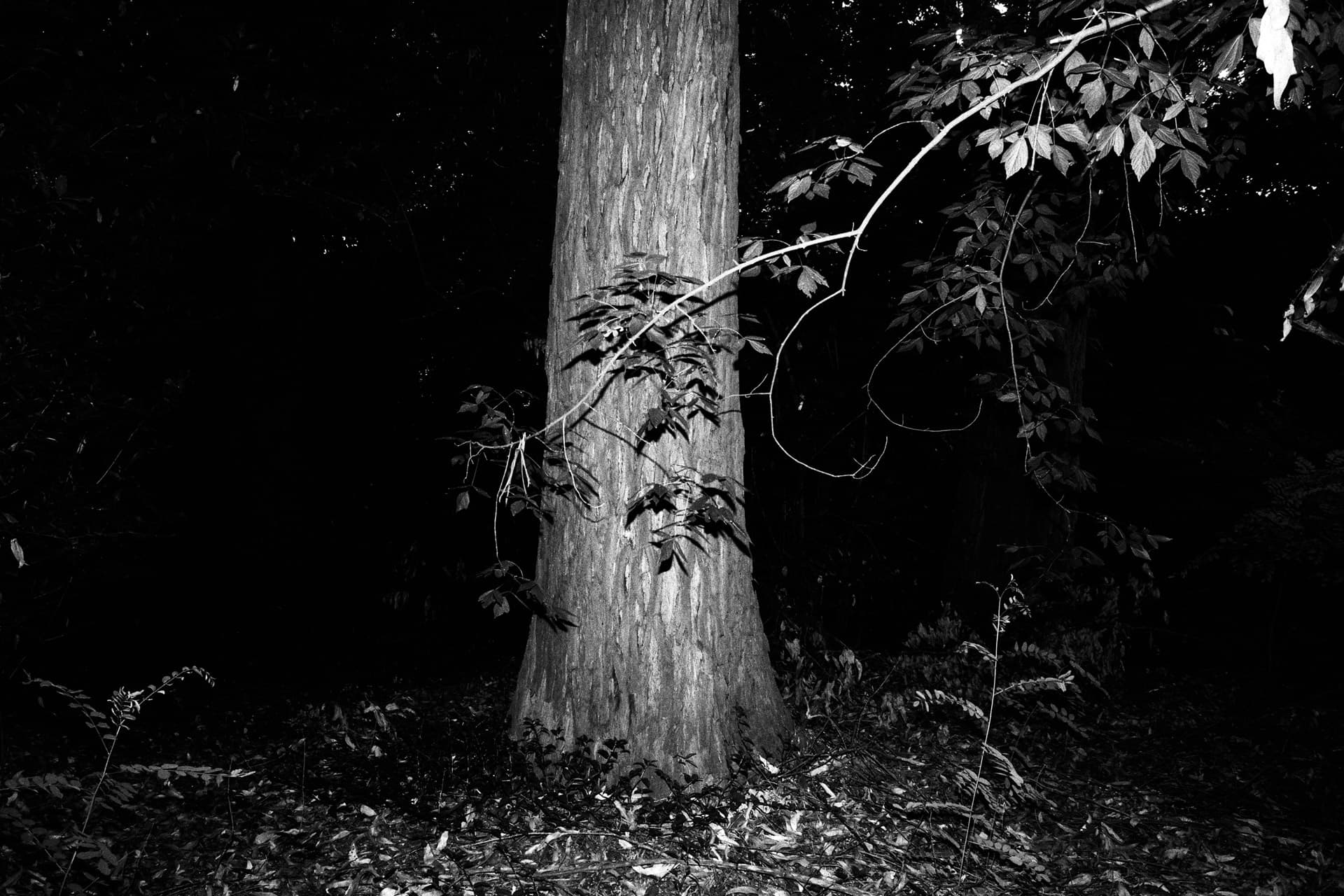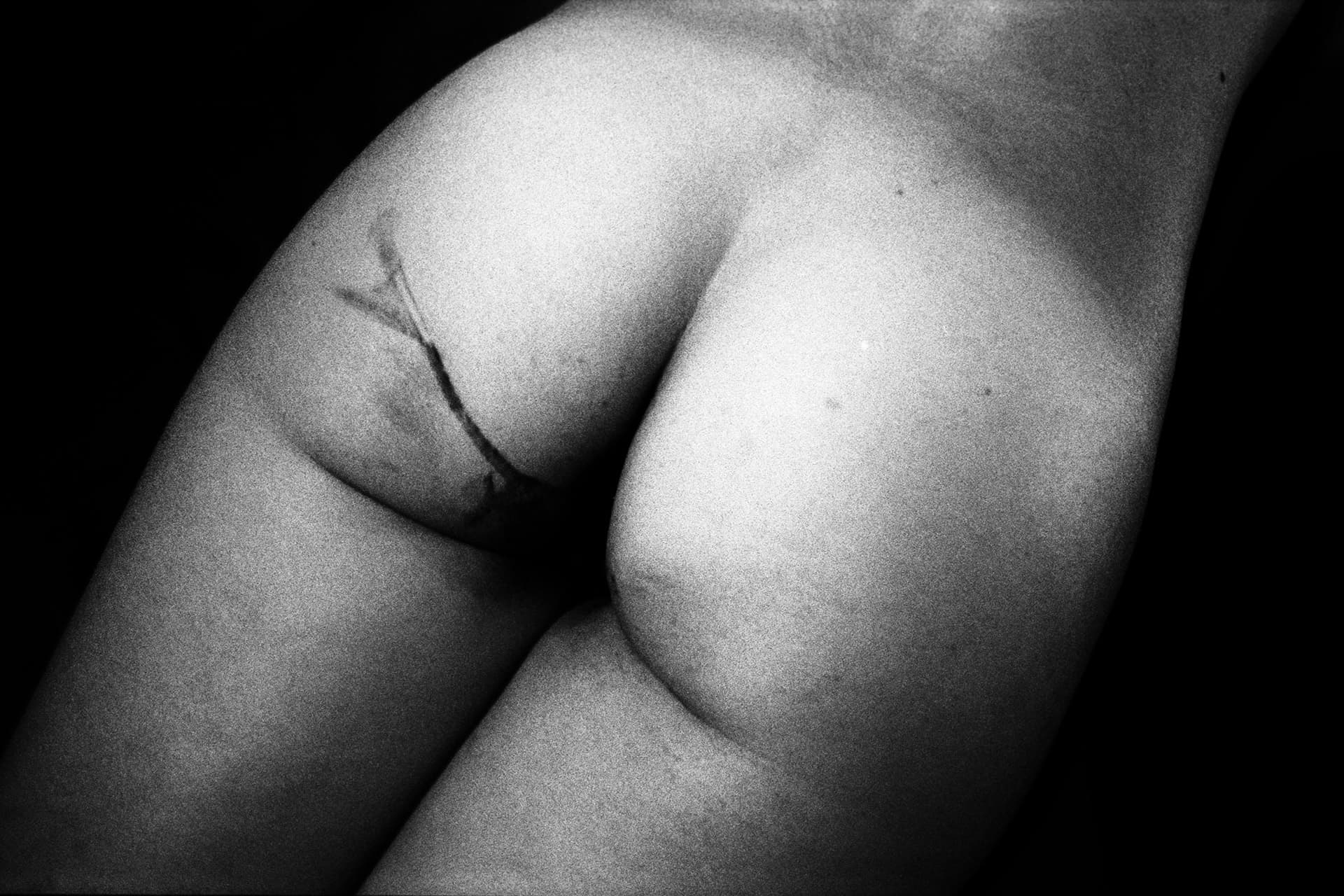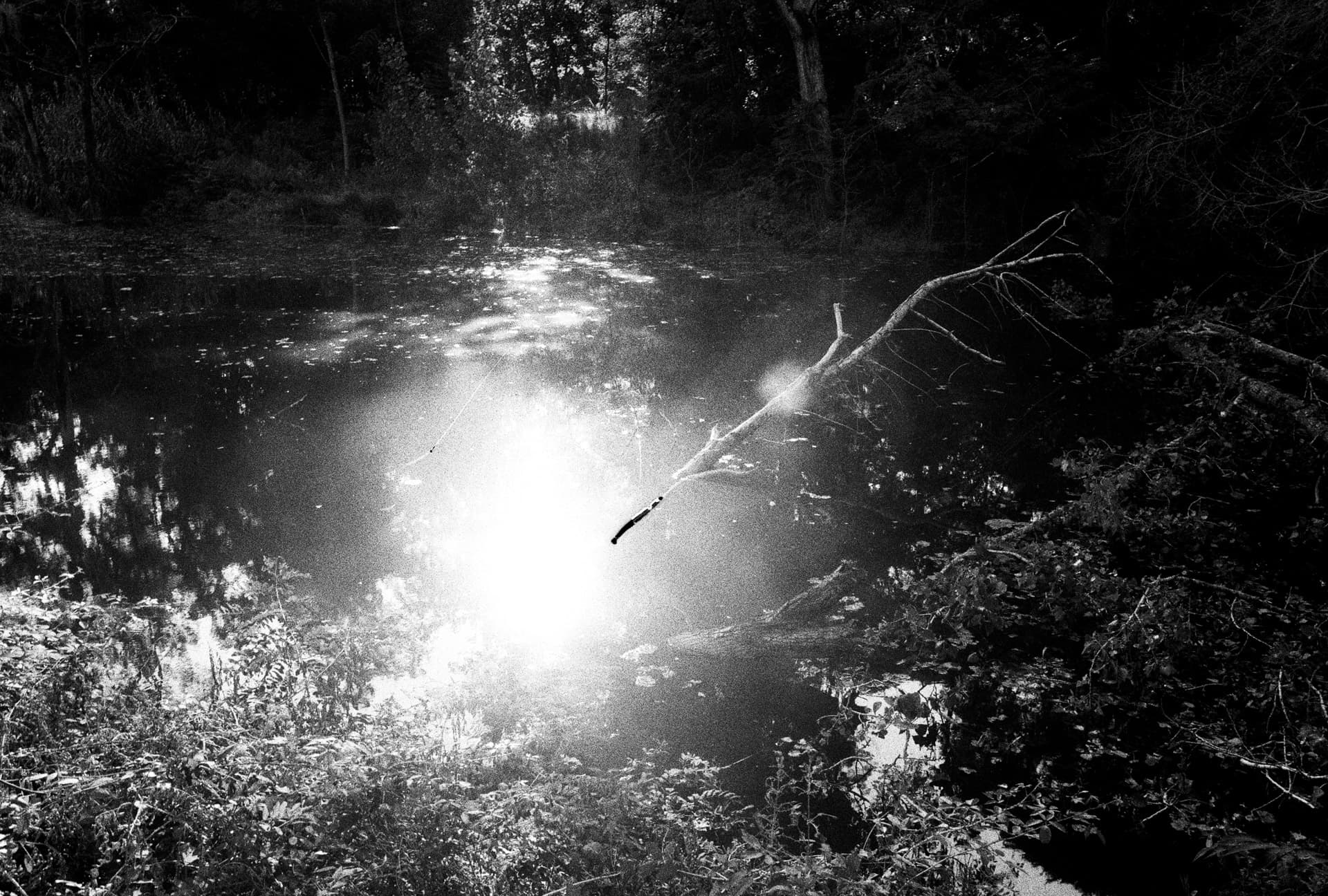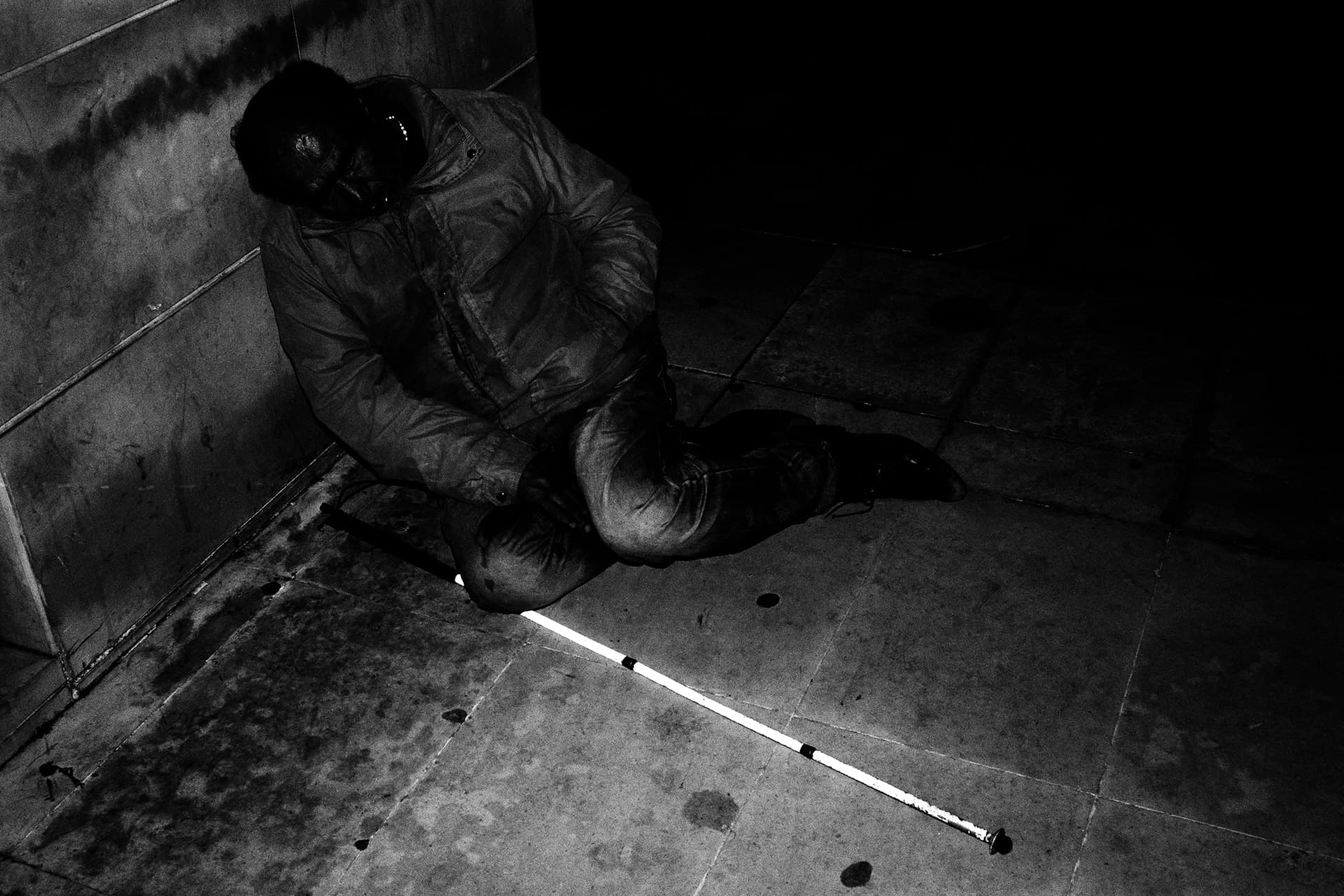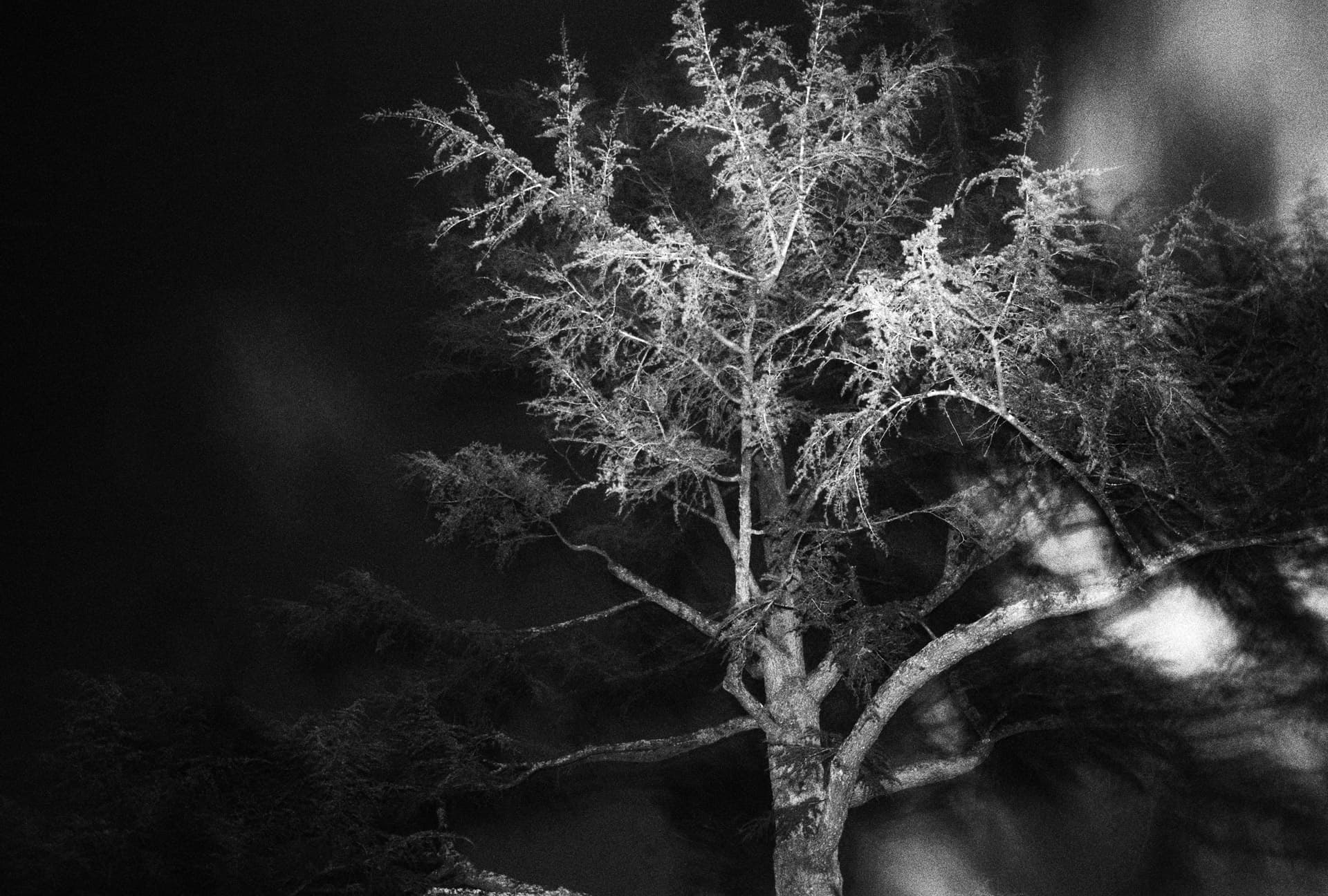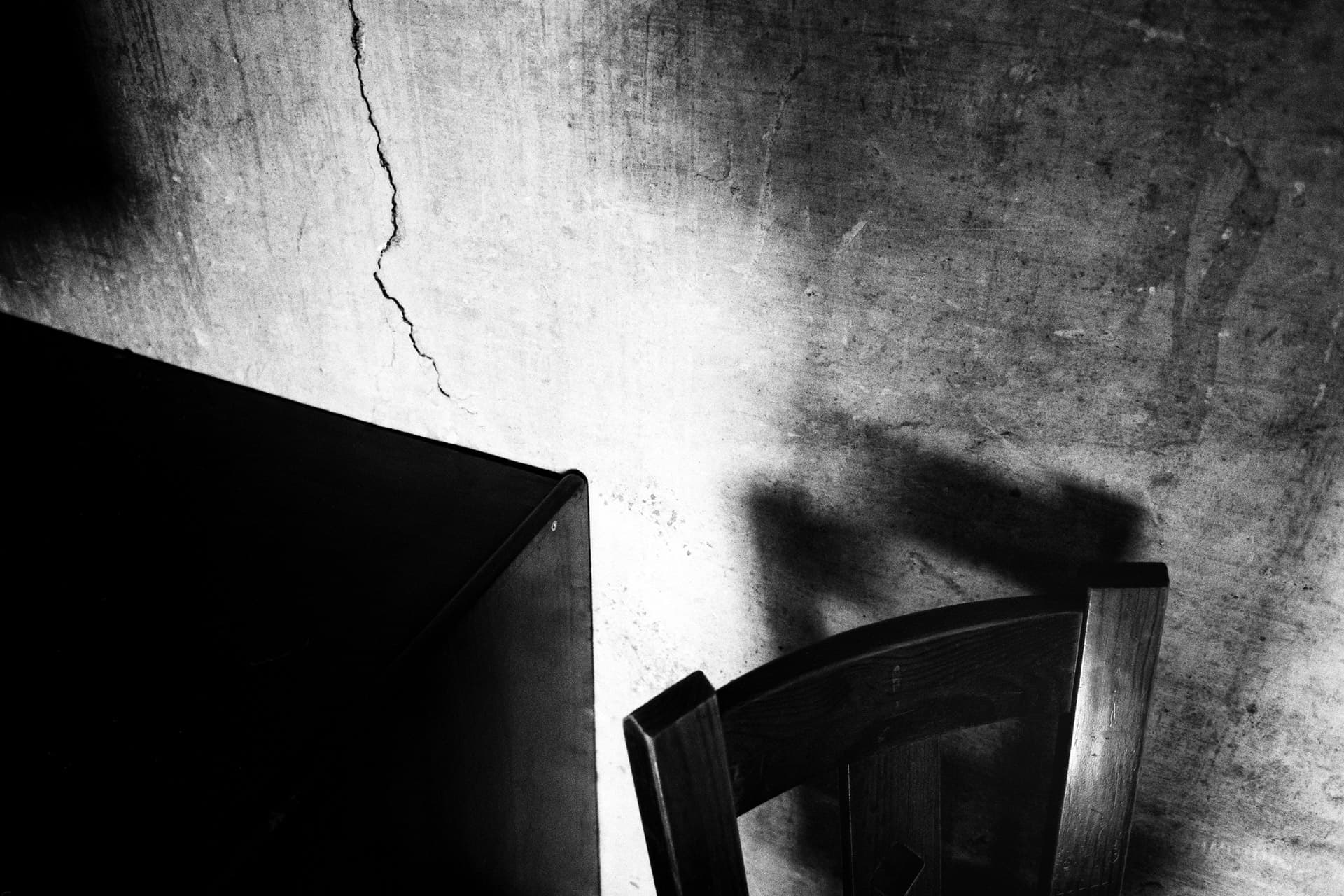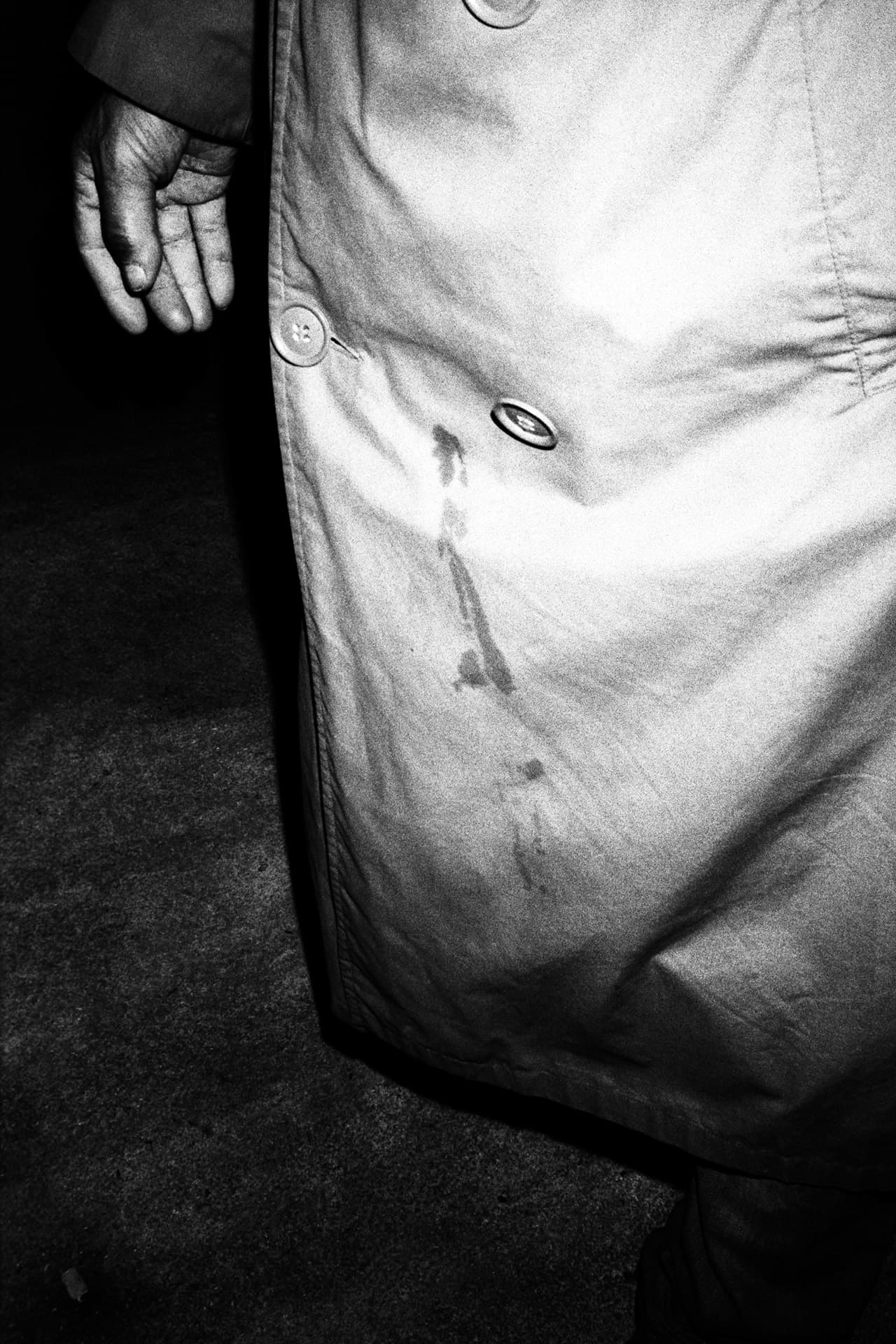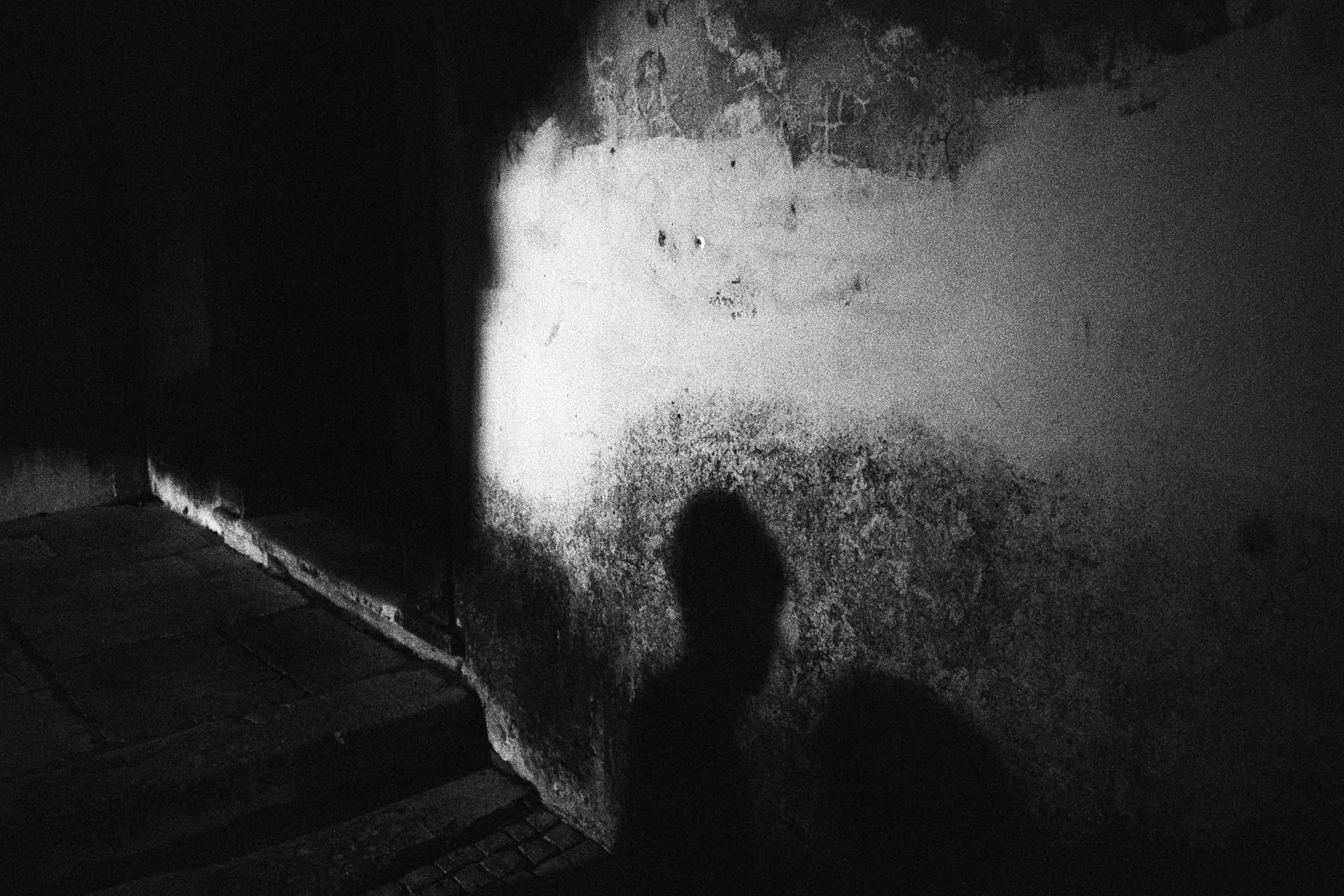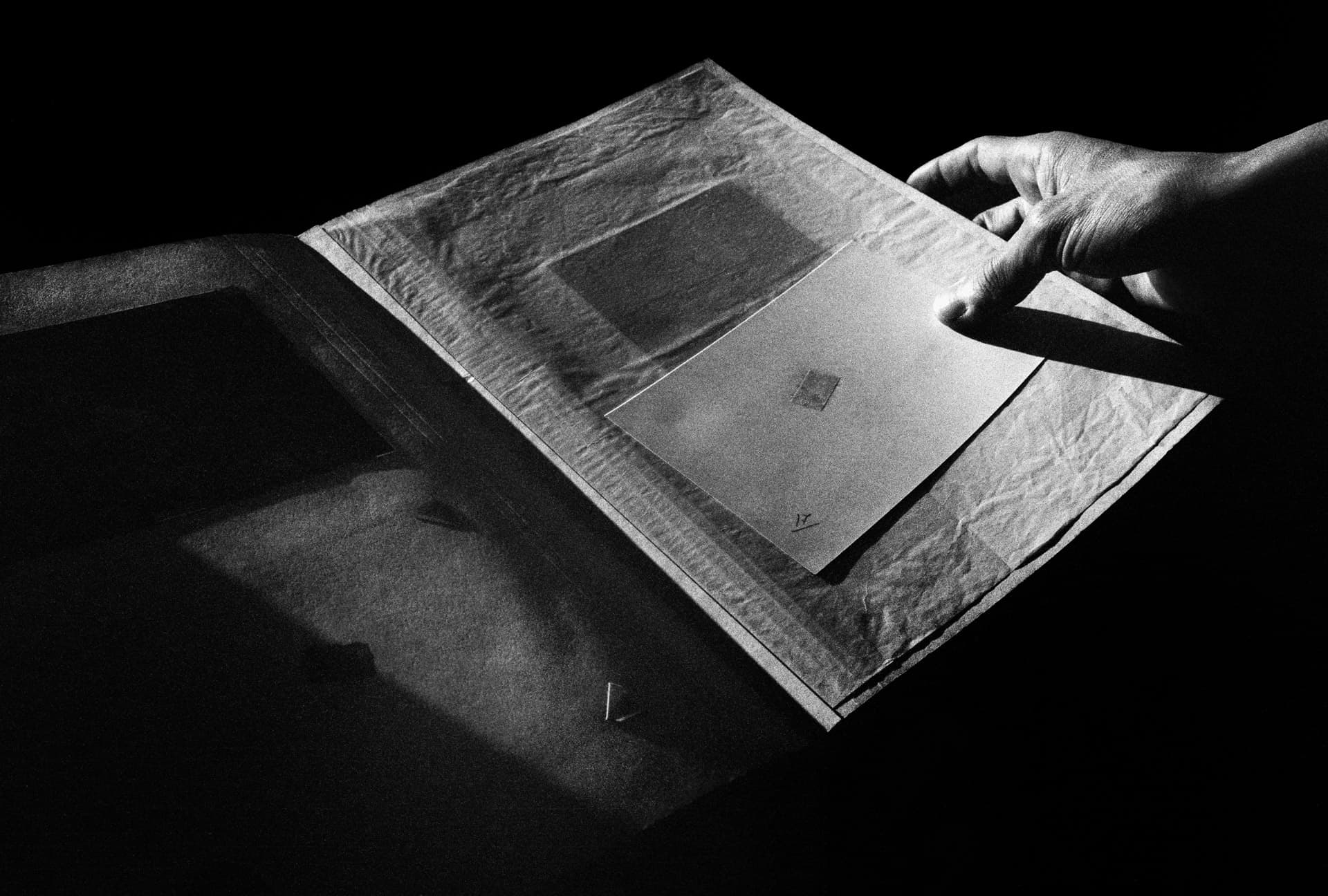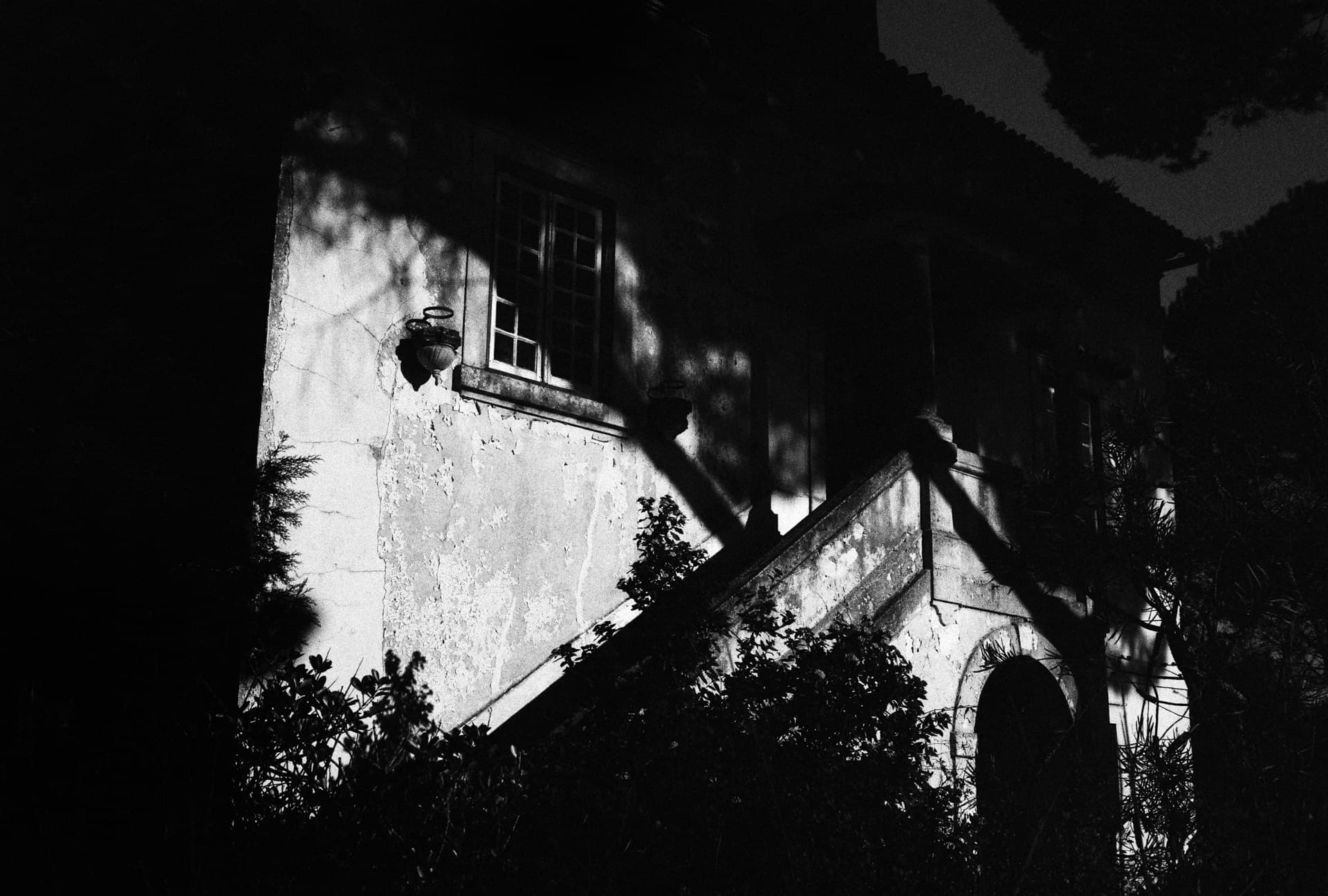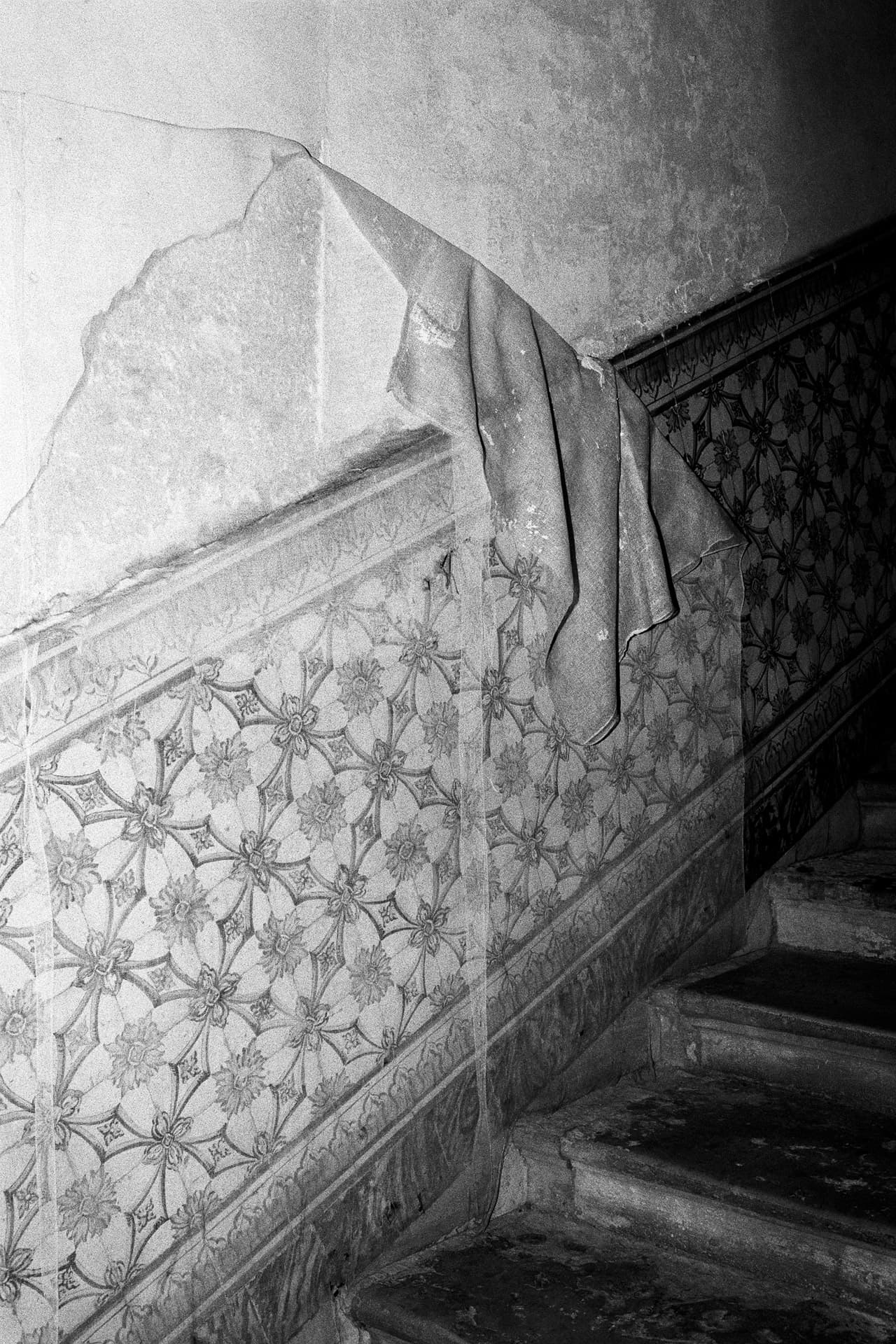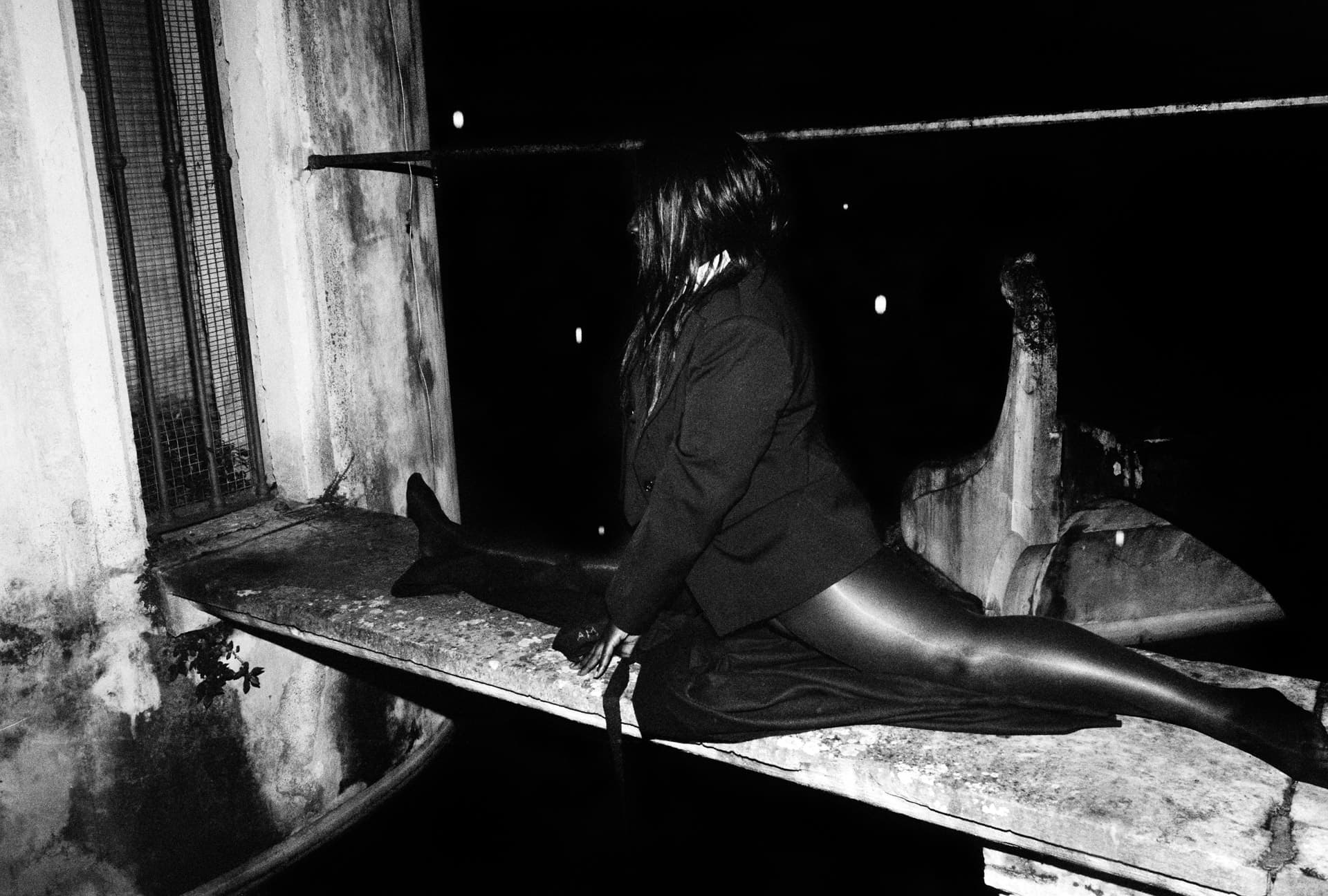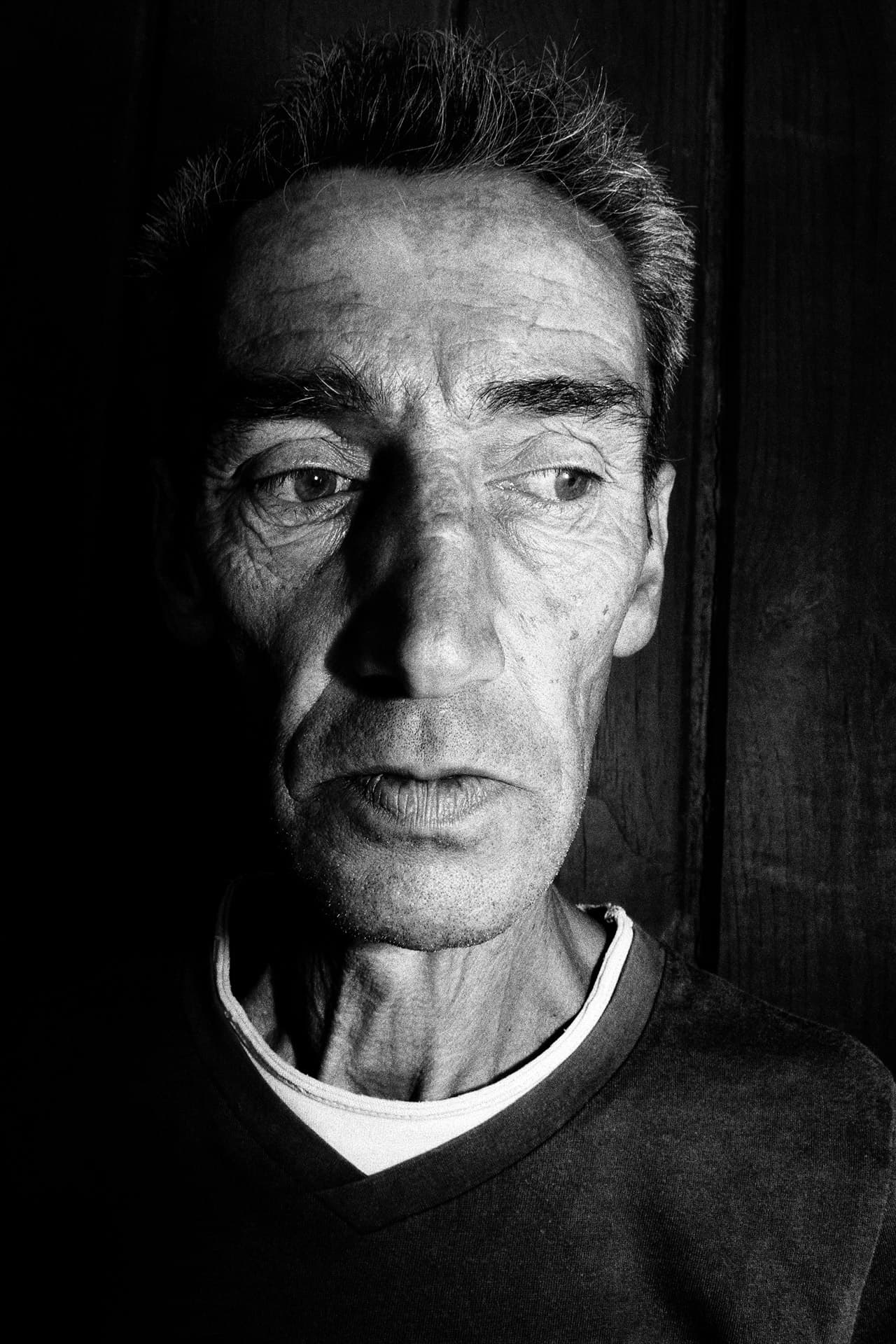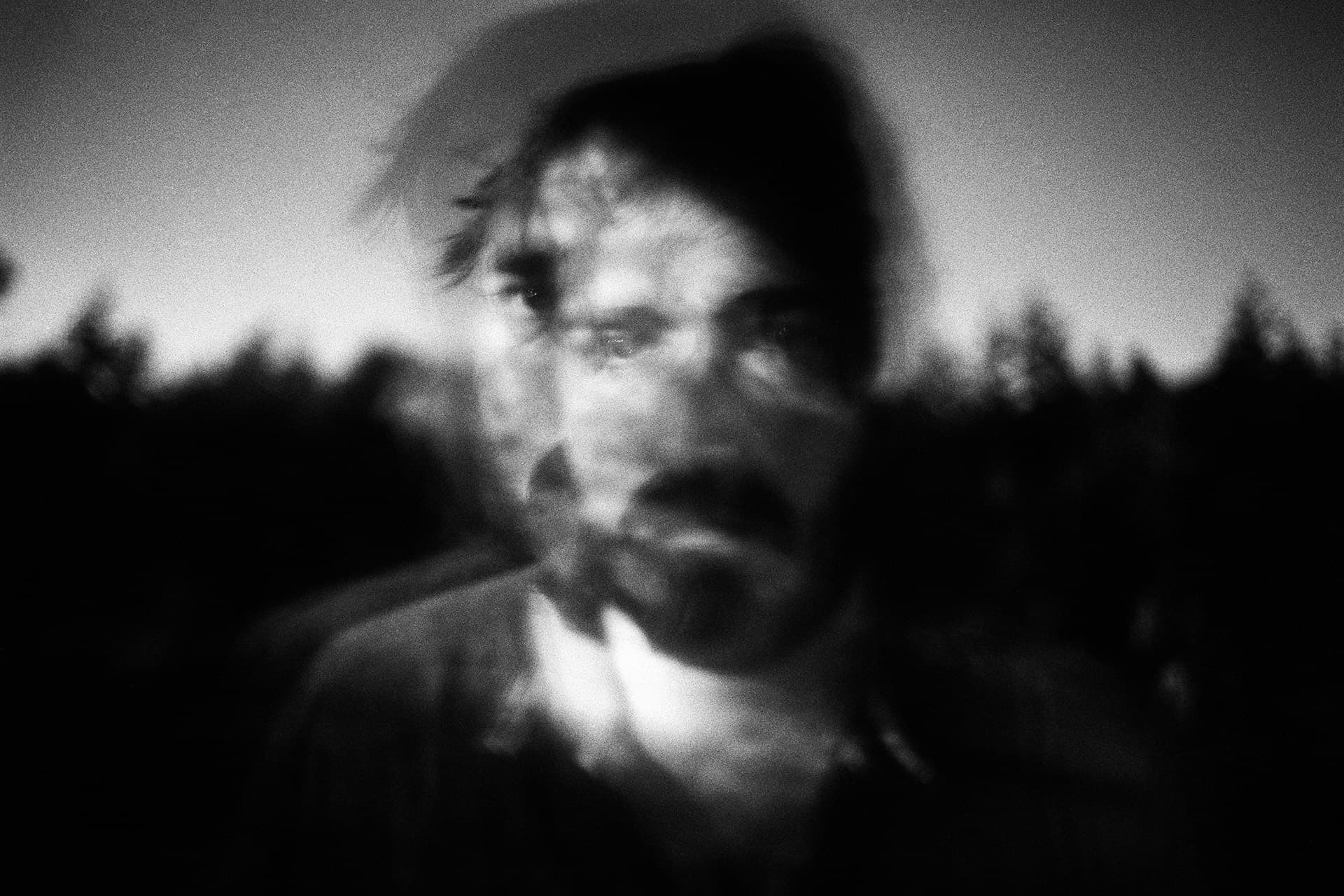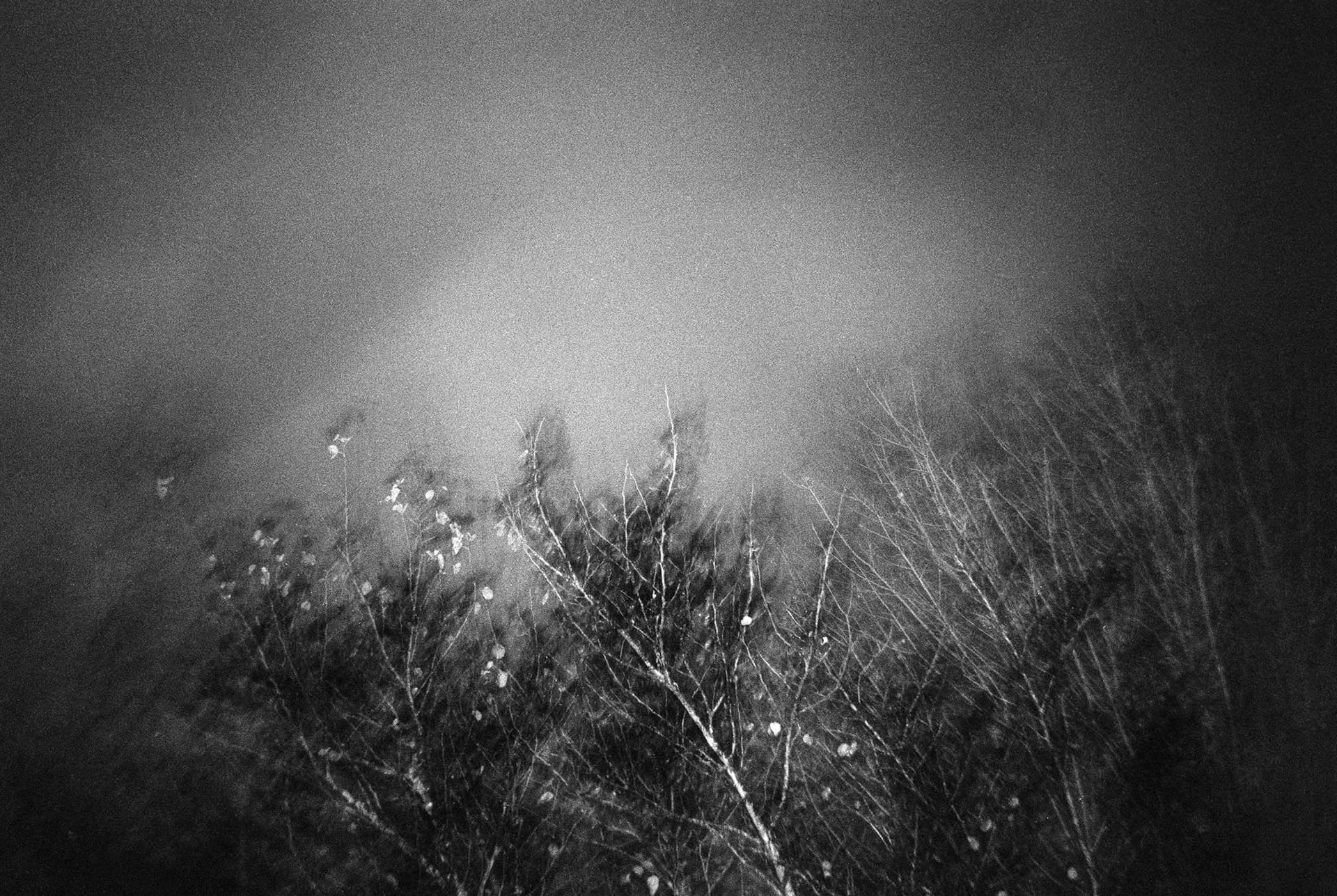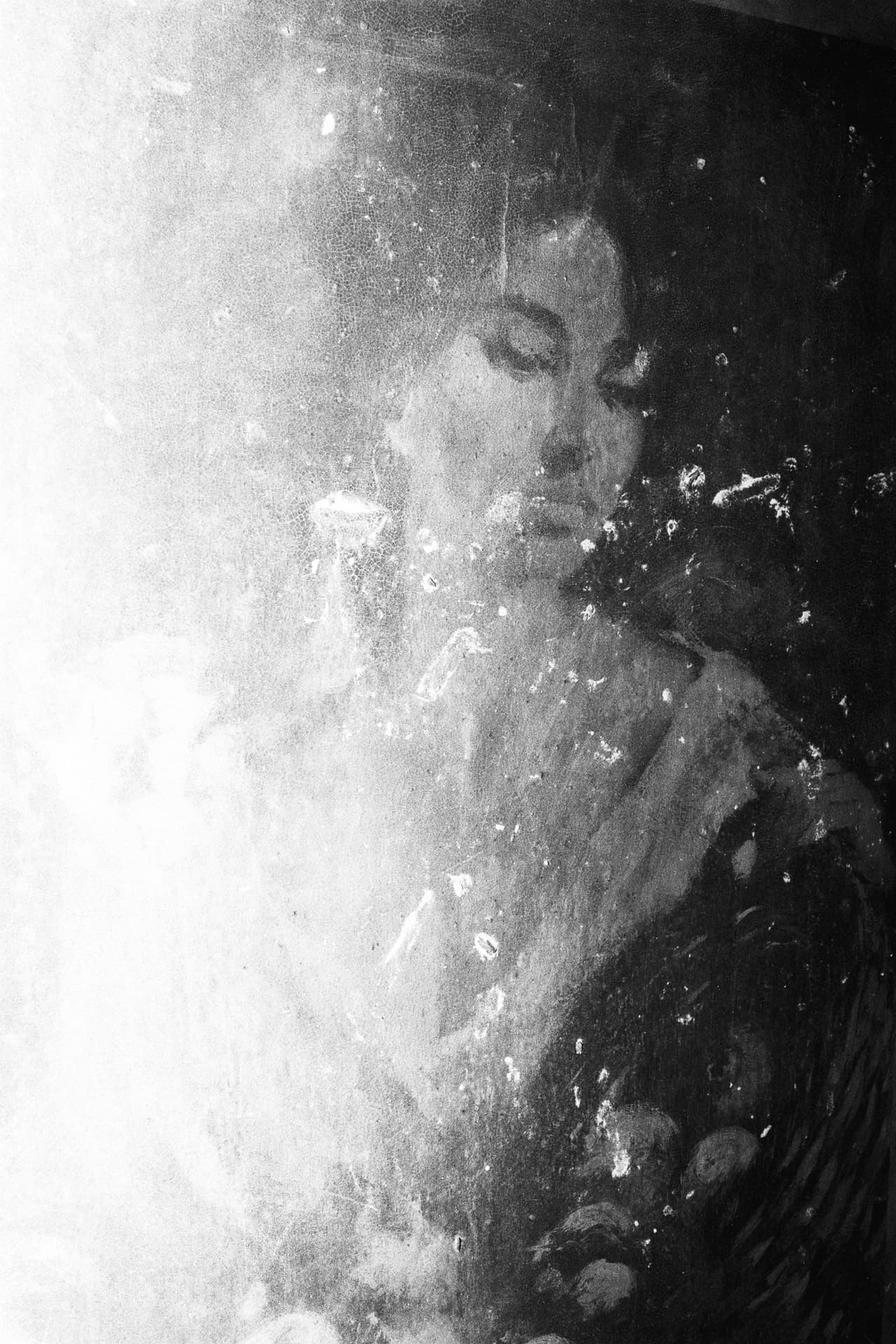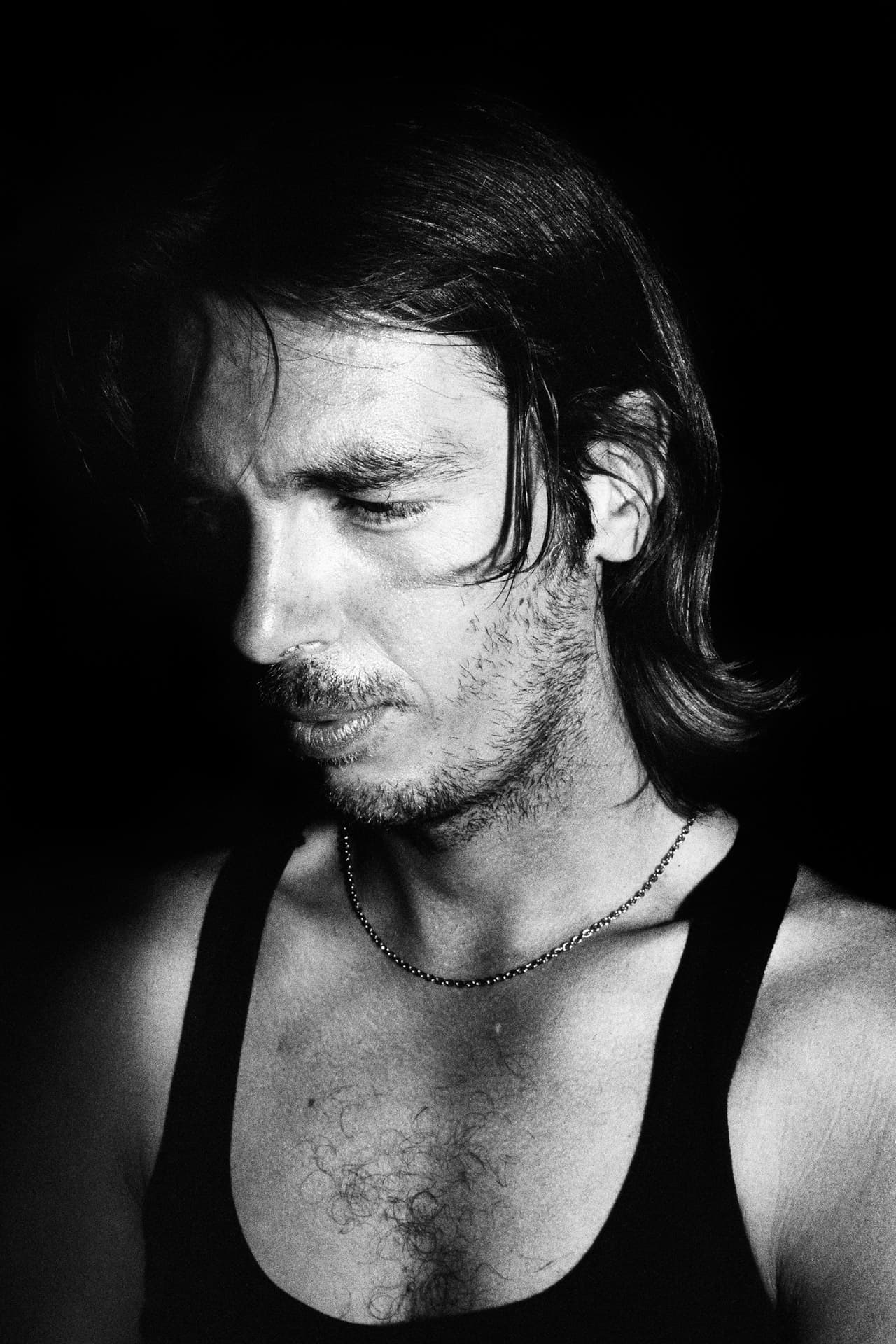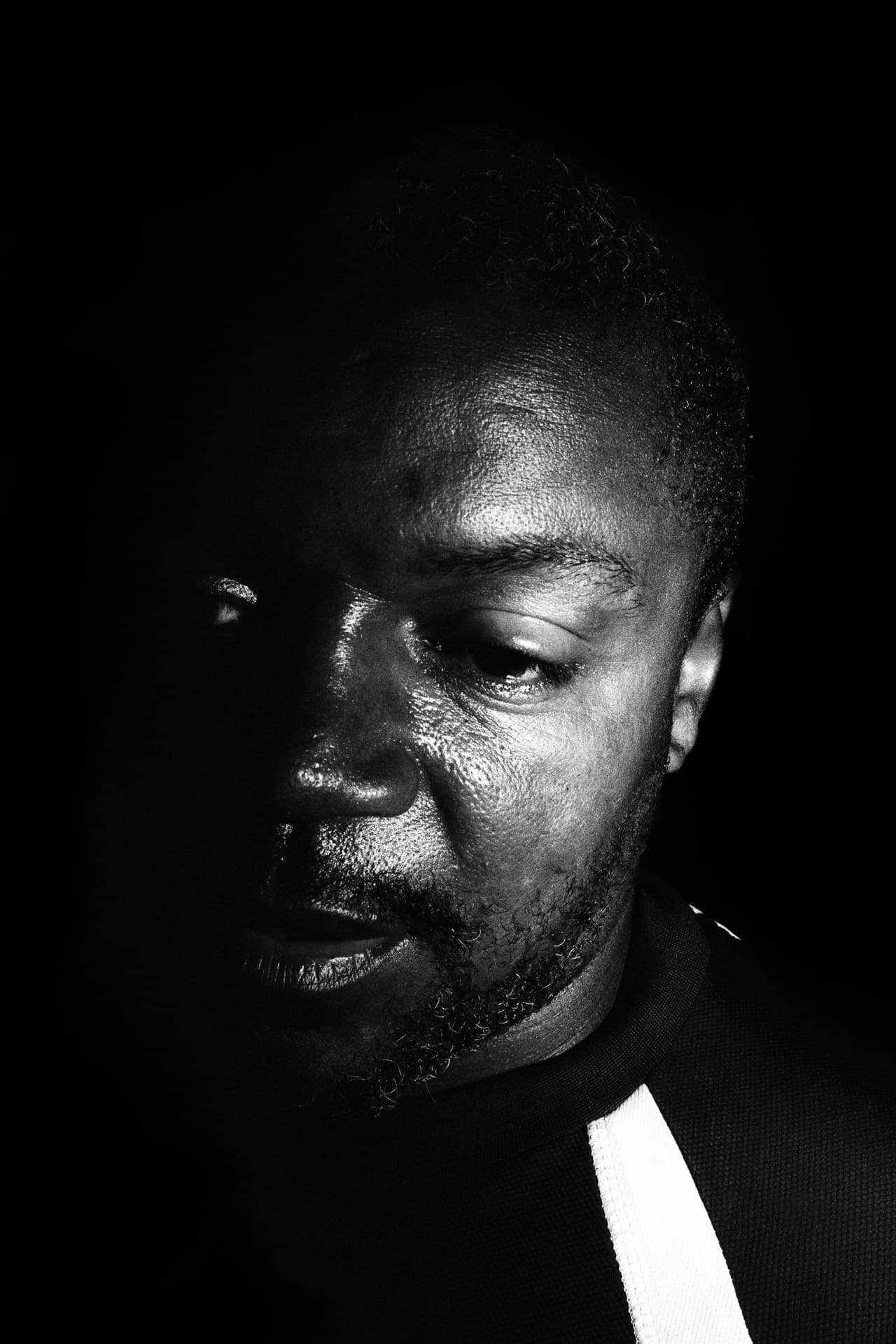IN THIS FRAGMENTED COIMBRA
They say that life is nothing but a passage. We are ourselves in constant mutation, whose life is guided by relationships whether stablished or broken, result of eternal arrivals and departures. In Portugal, where traffic takes place largely between Porto and Lisbon, Coimbra is halfway, therefore easily and immediately imagined as a city of transitory contact, superficial.
Every coin has two sides – side A and side B. Coimbra is told to us by the first, the noble side where the A is for academy, for high (=alta), for arches. The explosion of the university life, of the prestige of being a doctor, of the serenades in the churchyard in those rainy days; a life that reflects the glow of a fire that quickly emerges and quickly extinguishes. However, for those who live it deeply, the entry is made from the other side. Our feet step on the platform of coimbra-b, the train station that pulsates to the sound of that vivid bell, the first face of the city that welcomes us and the last to say goodbye. From there to the center there will be multiple trips through the B of the downtown (=baixa), whose ticket is limited to those having their curiosity aroused and daring to open themselves to the unpredictability of the zigzagging alleys in half light.
We realized then that only a fraction of Coimbra is sold to us. Fragmented Coimbra. The contagious euphoria of academic parades and the imposing University is a polished thing that serves books and letters well. Postcards fantasies that record the fleeting tourist visit. It is not a lie, but there are chapters missing from this narrative.
Someone, whom we all know, once said “the city is deserted and someone wrote our name everywhere”. This is the best manifestation of melancholy, in which Coimbra materializes the past life. On that bench where I sat while you were laughing at the window, daring to jump on the roof, behind which the crack in the stucco persists in the form of thunder. In that house where I swore that the wallpaper was the most beautiful I have ever seen, the scratch increases timidly and no one notices it. The graffiti on the way up the street encourages us to the same rebellion. The sidewalk for those going down remains slippery, better to grab your friends when crossing. Today I know: whether we are distant or close, we prove that time has passed only by us. And the pleasure of discovery is an addictive impulse, so that the bittersweet sensation of loss will soon be the only thing remaining. Everything is as it was before, but people are gone. The levity of the city is greater than all of us and the fugacity hurts. We are thus, between the fragile fall into love and the sad harshness of reality. If there is anything that is not defined, nor suspended in time in Coimbra, it is the feeling. It only accumulates, gets heavier, nostalgic. It is love-hate personified. To remind us that the “saudade” we embedded in the chest of this city is also “a disease when we think we see in it our cure”.
Coimbra-b is not a romantic project. It is the truth that chases us and persists, the one that we live it in a blink of an eye, and only when apart we understand that we carried the volatile idea that we would return, without ever settling. Afer all, no place will ever have the potential to make us fall in love easily without suffering. What doesn’t hit us, doesn’t affect. What doesn’t affect us, doesn’t stay. Coimbra is like that, although it could be anywhere else. The message is universal. This experience, like that of anyone else, is unique. This is Bruno’s. Whoever approaches the images may discover it. But, certainly, only those who lived Coimbra will recognize it.
Mafalda Ruão
Porto, Abril 2021

